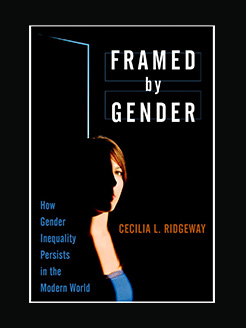Published in 2006
190 pages
8 hrs 2 mins
Katherine McKittrick is a professor in Gender Studies at Queen’s University. She is an academic and writer whose work focuses on black studies, cultural geography, anti-colonial and diaspora studies, with an emphasis on the ways in which social justice emerges in black creative texts (music, fiction, poetry, visual art). While many scholars have researched the areas of North American, European, Caribbean, and African black geographies, McKittrick was the first scholar to put forth the interdisciplinary possibilities of black and black feminist geography, with an emphasis on embodied, creative and intellectual spaces engendered in the diaspora.
What is this book about?
In a long overdue contribution to geography and social theory, Katherine McKittrick offers a new and powerful interpretation of black women’s geographic thought. In Canada, the Caribbean, and the United States, black women inhabit diasporic locations marked by the legacy of violence and slavery. Analyzing diverse literatures and material geographies, McKittrick reveals how human geographies are a result of racialized connections, and how spaces that are fraught with limitation are under acknowledged but meaningful sites of political opposition.
Demonic Grounds moves between past and present, archives and fiction, theory and everyday, to focus on places negotiated by black women during and after the transatlantic slave trade. Specifically, the author addresses the geographic implications of slave auction blocks, Harriet Jacobs’s attic, black Canada and New France, as well as the conceptual spaces of feminism and Sylvia Wynter’s philosophies.
Central to McKittrick’s argument are the ways in which black women are not passive recipients of their surroundings and how a sense of place relates to the struggle against domination. Ultimately, McKittrick argues, these complex black geographies are alterable and may provide the opportunity for social and cultural change.







